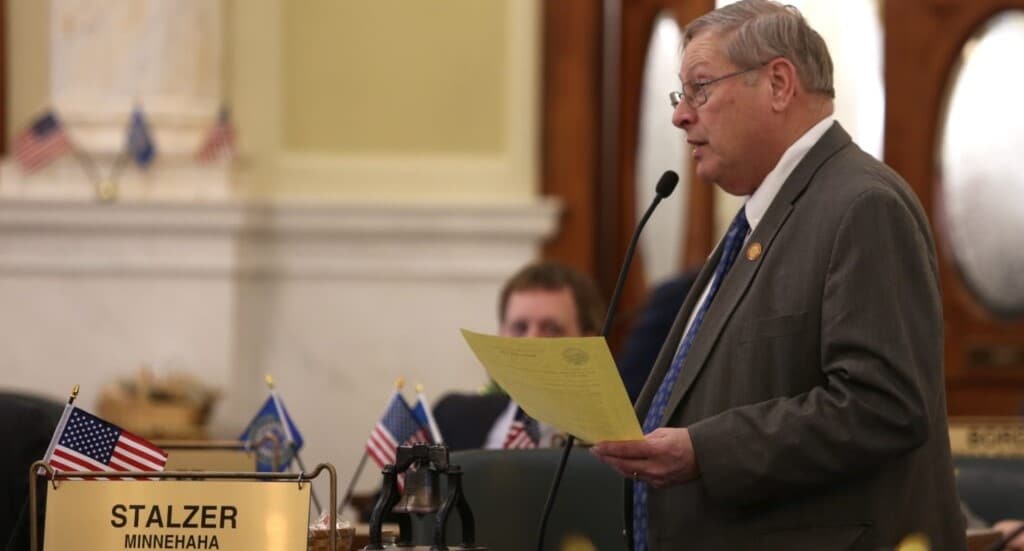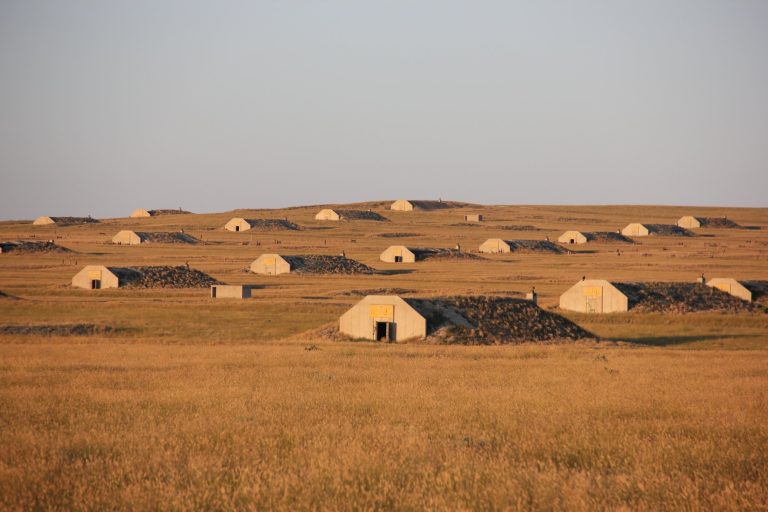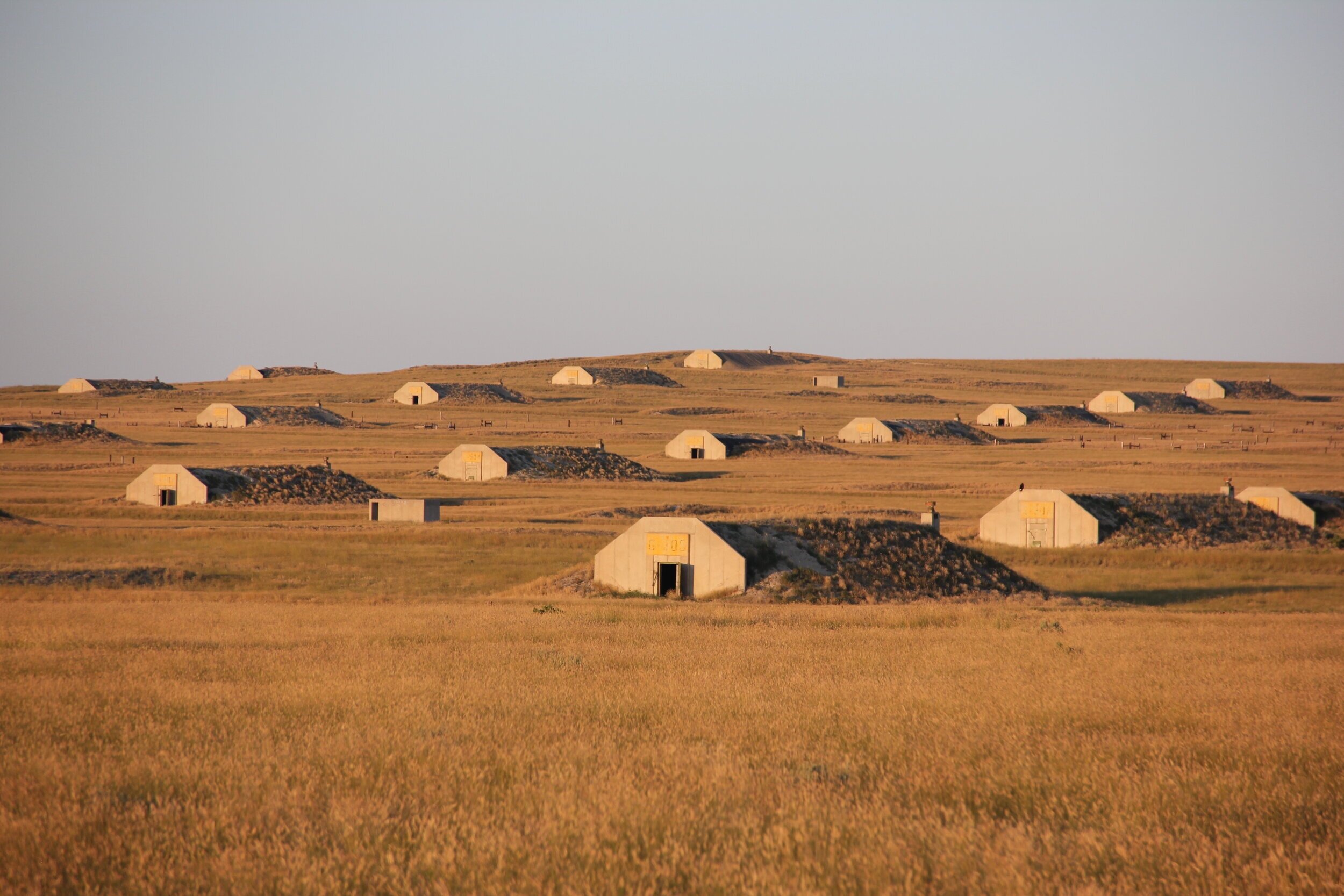PIERRE, S.D. – A bill beginning its journey through the Legislature would create more private school scholarships funded by insurance companies in exchange for tax relief.
The legislation would raise the annual tax-credit cap for insurance companies from $3.5 million to $5 million. The companies get state tax credits in exchange for donations to a private-school scholarship program for low-income students, which legislators authorized in 2016.
“It’s an attempt to give parents a choice in how their kids are educated,” said Sen. Jim Stalzer, R-Sioux Falls. “We’re at a point where we need to raise the amount or create a waiting list.”
The bill passed the Senate Taxation Committee 6-1 on Friday, as the first week of the 38-day legislative session was wrapping up at the Capitol in Pierre. It now heads to the full Senate.
Critics of the scholarships have described them as a “backdoor school voucher program.” Traditional school voucher programs — which South Dakota has not authorized — allow state funding to follow students to private schools.
“This body is responsible for providing a free and public education to all the children in the state,” testified Rob Monson, executive director of School Administrators of South Dakota. “If parents decide they don’t want to be in that arena, that is their choice.”
Monson said if the committee wants to do something to help low-income students, there are other options.
“If we’re looking at low socioeconomic families and children, this body could put that money into property tax reduction,” he said, “which would help a lot more families that are struggling, versus just the few that are going to apply for this voucher and go to a private school.”
Dianna Miller, a lobbyist for large public school districts and a former educator, also described the program as a back-door school voucher initiative. She said a lot of would-be tax revenue is being diverted.
“It does affect the budget and it will down the road,” Miller said. “They are getting an incentive to not pay the full amount of their insurance tax.”
The program gives participating insurance companies credits on their state premium tax.
Miller said private businesses could fund the private school program out of generosity, “and they could do it without an incentive.”
The program initially made $2 million in tax credits available to insurance companies, and that was increased to $3.5 million in 2022.
“When do we stop increasing this?” Miller asked.
That concern resonated with Sen. Herman Otten, R-Tea, who made a motion to send the bill to the budget committee for review. That motion failed 5-2. Otten later cast the only no vote against sending the bill to the Senate floor.
Otten said when the program started in 2016, “I was assured it would only be a couple hundred thousand dollars” of tax credits.
“The program just continues to expand,” Otten said. “It is becoming a serious number now.”
Stalzer countered, saying, “It is not state money, because it’s never touched by the state.”
But Stalzer also said that “for every $2,000 scholarship we give, there is at least $5,000 that we’re not spending. Every one of these kids that goes to a private school and gets a scholarship puts $3,000 roughly in our budget.”
“That’s money our state is not spending because our state aid is based on enrollment,” he said.
Later, Monson told South Dakota Searchlight he does not know where Stalzer got his numbers, and added that for the program to be saving the state money, it would have to mean students are leaving public schools to attend private schools. And if the state is saving money on aid to education, that means public school districts are losing state aid.
Stalzer said the program has grown from about 250 students in 2016 to 1,500 students today, and future projections demand that a $1.5 million increase in tax credits be available.
Not a new fight
The bill to create the scholarship program passed in 2016 under then-Governor Dennis Daugaard.
To be eligible, students’ families must meet the low-income requirements to qualify for free or reduced price school lunch.
Once signed into law, insurance companies became eligible for an 80% tax credit for total contributions to the program. Back then, the total annual credits were capped at $2 million.
After the passage of a 2019 bill, the insurance companies became eligible for a 100% tax credit for total contributions. Stalzer said that quickly resulted in the $2 million tax credit limit being reached. In 2022, lawmakers raised the tax credit cap to $3.5 million.
Another supporter of the program, Sen. Lee Schoenbeck, R-Watertown, testified Friday that for opponents, “the best way to end this program is to take away the reasons for people wanting to find some other place to educate their children.”
“Give them an environment where their children are safe to be educated,” he said.
Rob Monson, who has spent his life in public education, said that was news to him.
“I think our schools in South Dakota are very safe institutions and a great place for our children to go to school,” Monson said. “We do everything we can to keep those schools safe.”











